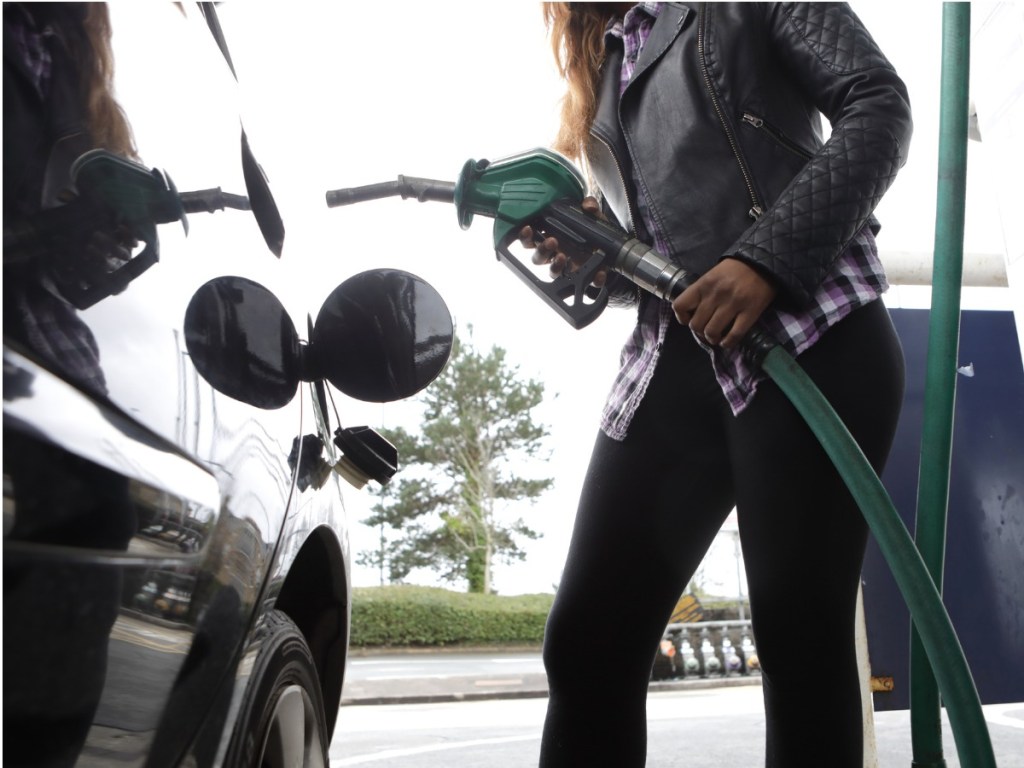Australian motorists are continuing to shun biofuels against global trends, as local supply tightens and growth incentives fall short.
Pre-COVID, Australia’s little changed biofuel production is at odds with the growing overseas experience where biofuel production (more so biodiesel) continued to increase in 2019, year on year.
The latest findings from APAC Biofuel Consultants, a joint venture between EnergyQuest and Ecco Consulting, have found that the industry is at a point where it needs to “regroup and replace current policies with new initiatives delivering a biofuel future for Australia”.
APAC found that while COVID impacts contributed to an easing in biofuel use, and all fuels generally, the drop in motorists’ buying confidence was underpinned in the main by continuing consumer aversion to ethanol blended fuel – also called E10 – a blend of 10 per cent ethanol with 90 per cent petrol.
Queensland and NSW are the only states that have ethanol and biodiesel mandates, and they command about 85 per cent of the national E10 market. In both cases, motorists have a choice of fuel grades.
Ethanol sales in NSW over the past few years have been around 2.6 per cent of its total petrol market, failing to reach its six per cent mandated target.
Queensland has also fallen short of its four per cent target, set in 2018. In 2019, Queensland ethanol sales sat between 2.5 to three per cent.
Exacerbating the domestic biofuel challenge mid this year was the closure of United Petroleum’s Dalby Bio-Refinery in Queensland, dealing a major blow to the country’s ethanol industry and regional development, despite considerable government assistance to stay open.
This left national ethanol production capacity relying on two refinery sites – the same scenario as far back as 2008, albeit now each with higher capacities.
The latest report did note, however, that biodiesel supply and demand picked up a little in 2019-20 following the recommissioning of Australia’s largest biodiesel plant in mid 2019.
Overall, Australian biofuel (fuel ethanol and biodiesel) demand declined 3.8 per cent in 2019-20 year on year, to 249 Megalitres (ML), representing only about 0.4 per cent (by volume) of Australia’s transport liquid and gaseous fuel consumption.
The 2020 statutory review of each the NSW and Queensland biofuel mandates acknowledged that both had failed to meet targets for ethanol and biodiesel and yet no major change has been recommended for either mandate.
APAC Joint Chief Executive, Michael Cochran, said Federal excise/customs duty support for biofuels, the essence of which has been in place since the early 2000s, had failed to encourage new sustainable investment in the industry over the past decade.
“Australia is also a key supplier of feedstocks to the international biodiesel industry,” Cochran said.
“Overseas, new biofuel investment is now focusing on renewable diesel and aviation jet ‘drop-in’ fuel production as a direct substitute for some fossil fuels, with ethanol taking second place.
“This at a time, biofuels in Australia are facing new technological competition from other forms of renewable and emission reduction investment across such fields as hydrogen, solar and electric vehicles,” Mr Cochran said.
“So, we are at a point the industry needs to regroup and replace outdated current policies with new initiatives delivering a biofuel future for Australia.
“The current development of the Bioenergy Roadmap offers a unique opportunity for the Federal Government to review Australian biofuel support schemes.”

